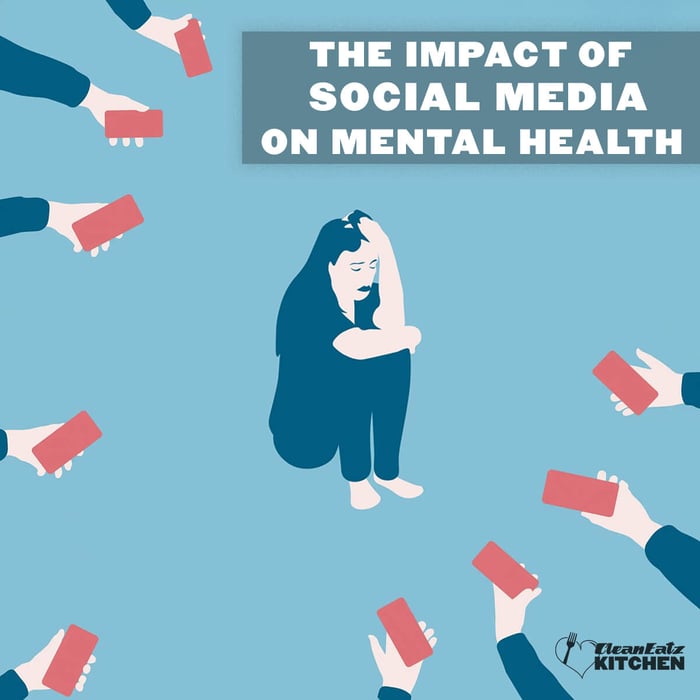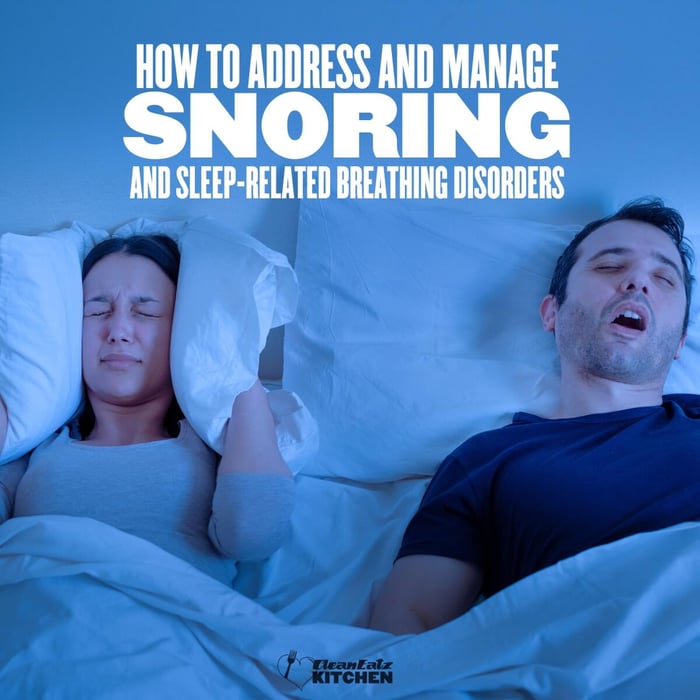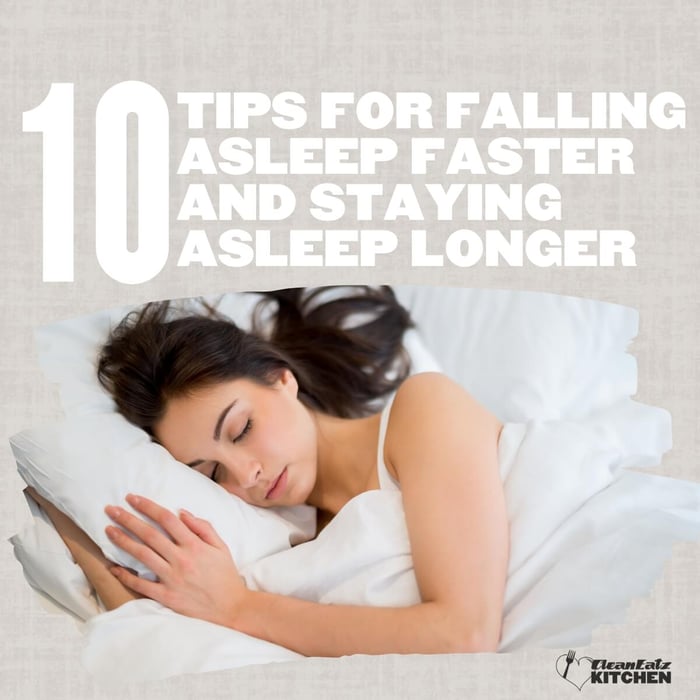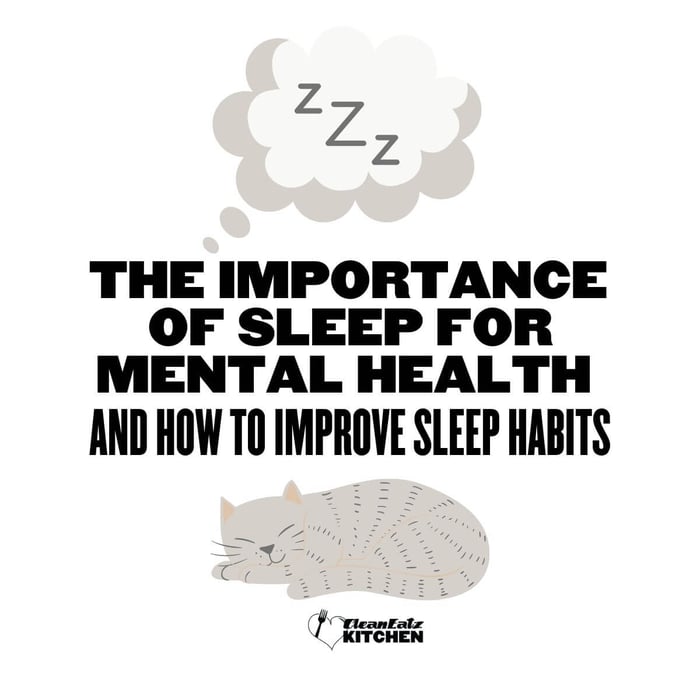Table of Contents
Social media has become an integral part of our daily lives, connecting us with friends and family and providing a platform for self-expression. However, the constant stream of information and the pressure to present a curated version of ourselves can take a toll on our mental health. Let's understand the relationship between social media and mental health.
In this article, we'll explore how social media can impact mental health and discuss strategies for maintaining a healthy relationship with social media.
The Impact of Social Media on Mental Health
How are social media and mental health connected? Social media can have a significant impact on our mental health. Constant access to a never-ending stream of information and the pressure to present a curated version of ourselves can lead to increased feelings of anxiety and depression. Studies have shown that social media use can lead to feelings of loneliness, low self-esteem, and even body image issues. It can also lead to feelings of FOMO (fear of missing out), causing you to constantly compare your life to others, leading to feelings of inadequacy.
Setting Boundaries and Creating a Schedule
To mitigate the negative impact of social media on mental health, it's important to set boundaries and create a schedule that separates social media usage and personal time. This can be challenging, especially when social media is such a pervasive part of our daily lives. To help establish clear boundaries, try setting a schedule that includes dedicated social media hours and breaks. You can also try to limit your usage by setting a time limit for social media users each day or disabling notifications during non-social media hours.
Tips for Building a Positive Relationship with Social Media
To build a positive relationship with social media, it's essential to be mindful of how it makes you feel. If you constantly compare your life to others or feel bad after scrolling through your feeds, it may be time to reassess your relationship with social media. Here are some tips to help you build a more positive relationship with social media:
Unfollow or Mute Accounts that Make You Feel Bad
As mentioned before, we have the power to control what we see on our feeds, and we don't have to subject ourselves to content that makes us feel bad. Unfollowing or muting accounts that make you feel bad can help reduce feelings of FOMO, inadequacy, or anxiety.
Be Selective About Who You Follow
Follow accounts that inspire you, make you laugh, or provide valuable information. Following accounts that align with your values and interests can help you build a more positive relationship with social media.
Limit Your Usage
Setting a time limit for social media users each day can help you to be more intentional about how and when you use it. You can use apps to track your usage and set reminders to take breaks.
Be Honest With Yourself
Be honest with yourself about how social media makes you feel. If you notice that you're feeling down or anxious after using it, take a break.
Strategies for Self-Care and Stress Management
Can stress cause weight loss? To manage stress and maintain a healthy relationship with social media, it's important to prioritize self-care. Here are some strategies to help:
Take Regular Breaks From Social Media
Taking regular breaks from social media can help you to reduce feelings of stress and anxiety. You can schedule a social media detox day each week or take a break for a few hours each day.
Seek Professional Help
If you're feeling overwhelmed, consider seeking professional help. A therapist or counselor can help you to better understand the impact that social media is having on your mental health and develop strategies to manage stress.
Practice Mindfulness
Engaging in mindfulness practices such as meditation or yoga is widely recognized for its multifaceted benefits, extending beyond stress reduction and encompassing a holistic approach to enhancing overall well-being, including mental and physical health. While addressing the query, "Is yoga good for weight loss?" it's essential to acknowledge that yoga not only contributes to stress reduction but also fosters a harmonious mind-body connection that can support sustainable and healthy weight management through improved self-awareness, mindfulness, and physical activity.
Engage in Other Activities
How does exercise reduce stress? Make sure to engage in other activities that you enjoy. Whether it's reading, exercising, or spending time with friends and family, it's essential to make time for activities that bring you joy.
Social media has become an integral part of our daily lives, connecting us with friends and family and providing a platform for self-expression. However, it's important to remember that it can also have a negative impact on our mental health. By understanding the ways in which social media can impact our mental well-being and being intentional about how we use it, we can maintain a healthy relationship with social media.
Setting boundariesand creating a schedule to separate social media usage and personal time can help us to be more mindful of how we use it. Following accounts that align with our values and interests and unfollowing or muting accounts that make us feel bad can help us build a more positive relationship with social media.
Prioritizing self-care and stress management strategies, such as taking regular breaks from social media, practicing mindfulness, and seeking professional help, can help us reduce stress and improve our overall well-being. With the right approach, we can use social media as a tool for connection and self-expression rather than an obstacle to our mental well-being. Remember to be kind to yourself, and permit yourself to take breaks when needed. Your mental well-being is just as important as staying connected with the world.
Final Thoughts
In conclusion, the connection between social media and mental health, and the influence of social media on mental health is undeniable in today's digitally connected world. To navigate this complex landscape and maintain our well-being, it's crucial to set boundaries and create a schedule that allows for healthy and mindful engagement. By implementing tips for building a positive relationship with social media, such as curating our online content and interactions, we can foster a more fulfilling and less stressful digital experience. Additionally, integrating strategies for self-care and stress management into our daily routines can serve as a powerful antidote to the potential negative effects of social media. By combining these approaches, we can harness the benefits of online connectivity while safeguarding our mental and emotional health in the process. Remember, with conscious effort and mindful choices, we can strike a harmonious balance between the digital world and our mental well-being.
FAQ
Are there any signs that social media is negatively impacting my mental health?
Signs of negative impact may include increased anxiety, depression, sleep disturbances, or reduced self-esteem due to social media use. It's essential to recognize these signs and take action.
What strategies can I use to practice self-care while using social media?
Strategies for self-care include regular digital detoxes, mindful engagement with content, and seeking support from friends, family, or mental health professionals when needed.
How can I manage stress caused by social media-related issues like cyberbullying or online harassment?
Reporting and blocking individuals engaging in harmful behavior is a crucial step. Reach out to appropriate authorities or support networks and prioritize self-care during such stressful periods.
What role should professional help play if social media negatively affects my mental health?
If social media significantly impacts your mental health, consider seeking support from a mental health professional. They can provide guidance, coping strategies, and therapy tailored to your specific needs.




